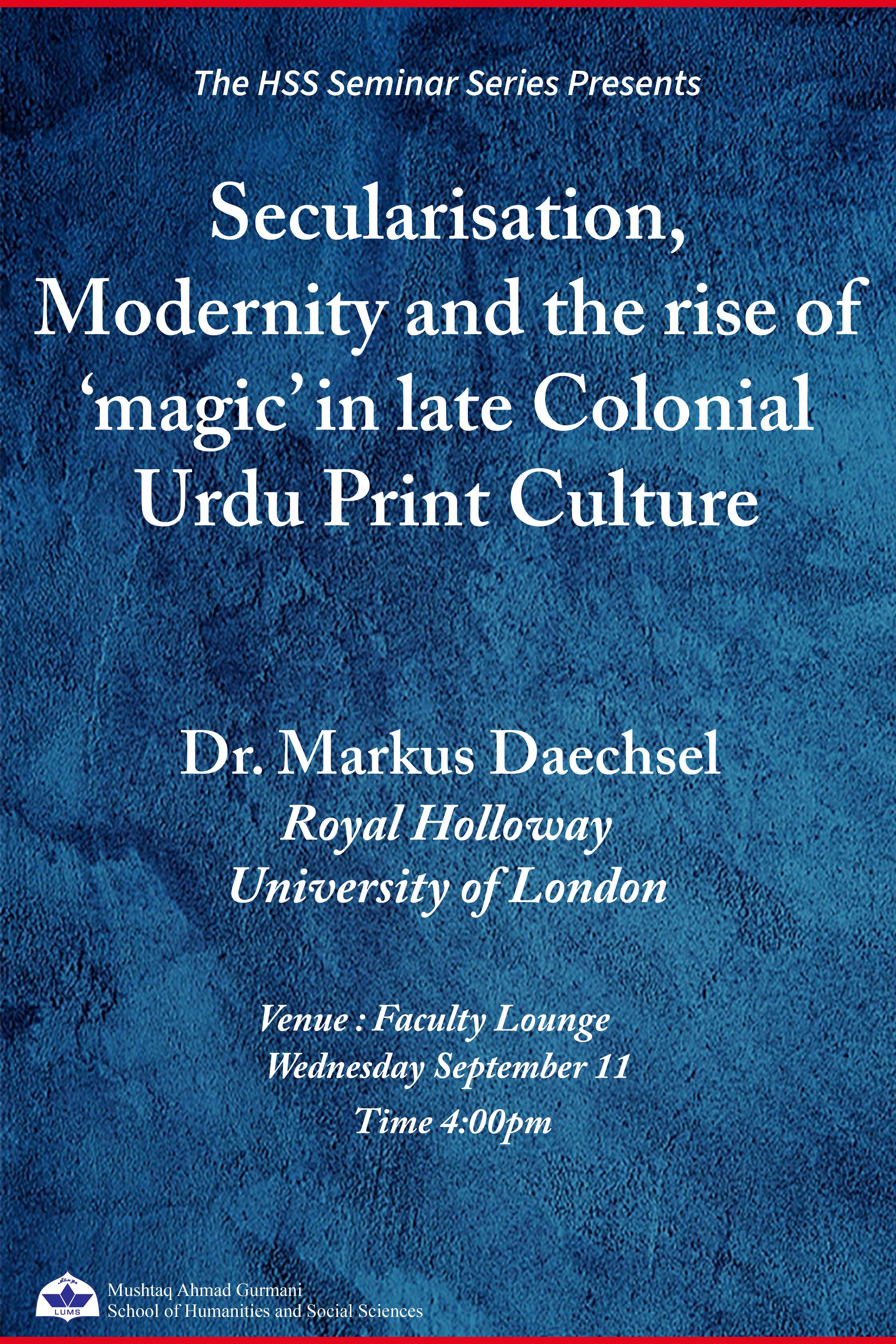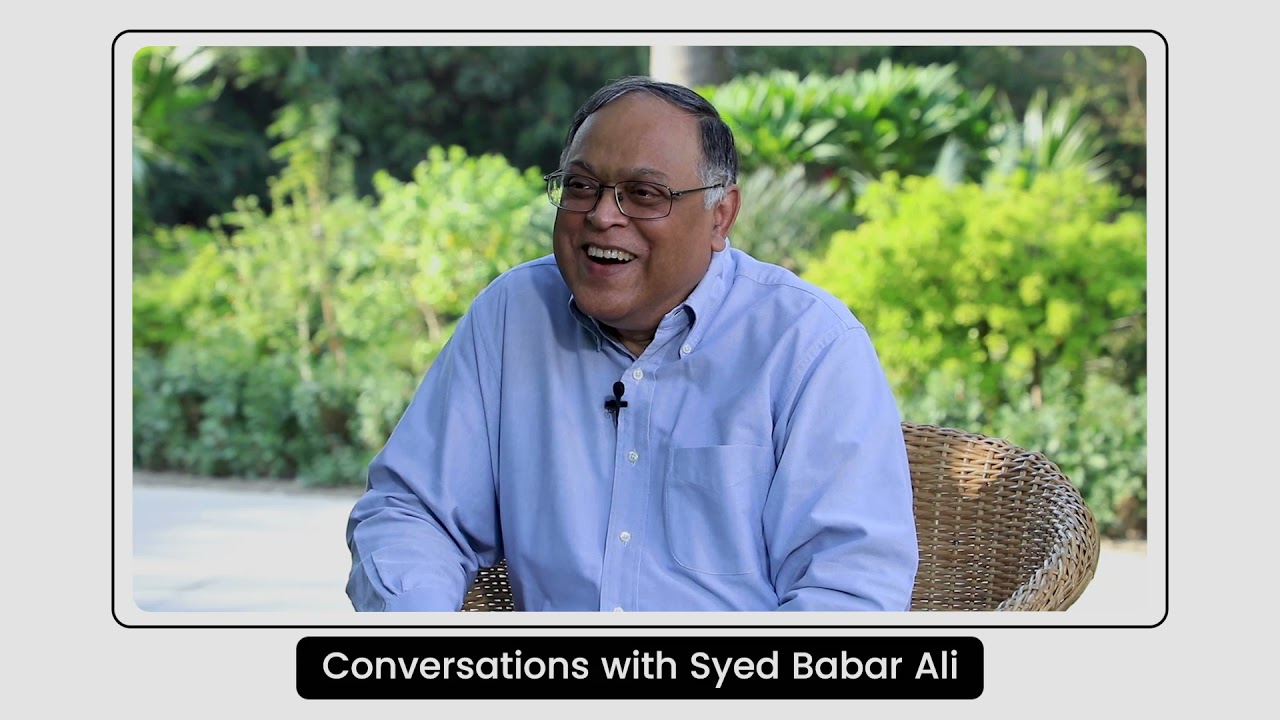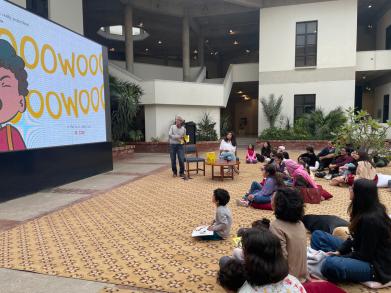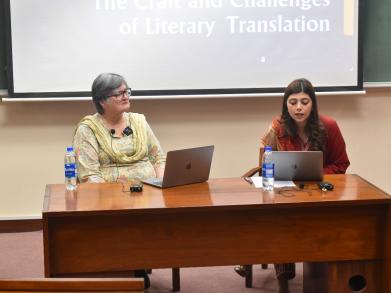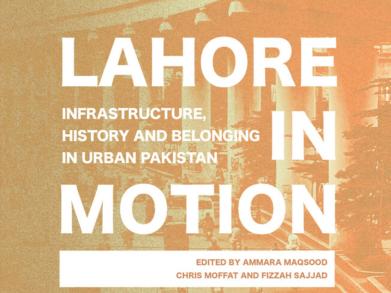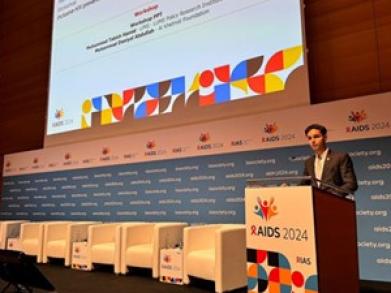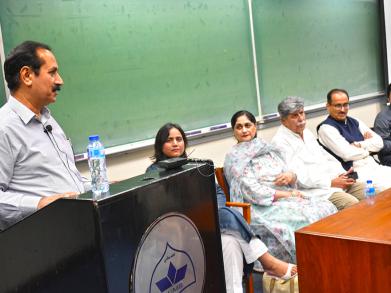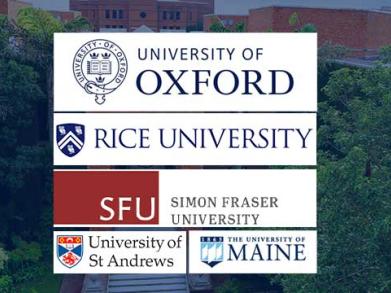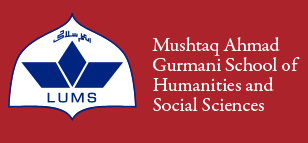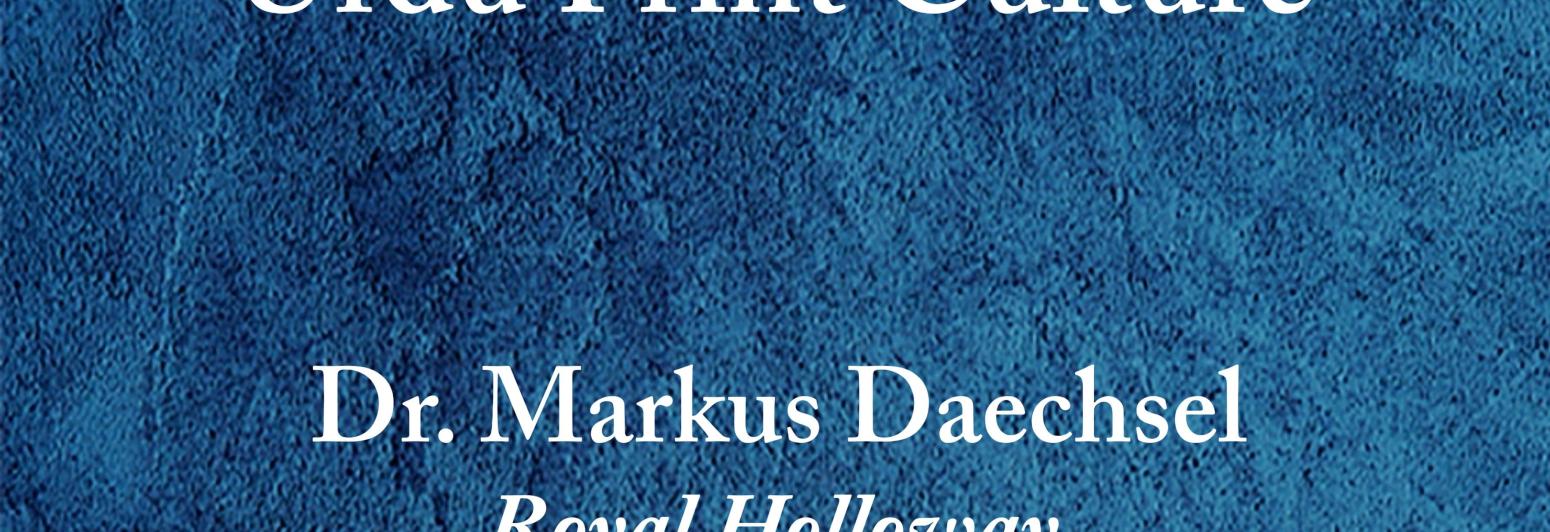
to
Abstract: ‘The early decades of the 20th century saw a remarkable proliferation of mass market pamphlets and books on magical themes across Urdu-reading India. They often drew on older material of Islamic, Tantric and othjer occult provenance but also represented significant innovations: at a time of increasing ‘communal tensions’ there was a remarkable sense of religious inclusivity, and a strange blurring of the line between ‘everyday magic’ and illusionism. Apart from offering a survey through this little-known, often fascinating and amusing material, I would like to explore what an increase in magical themes in everyday culture can tell us about the nature of ‘secularisation’ and ‘modernity’ in a place like late colonial India. Max Weber’s famous argument about the origins of modern capitalism and a ‘disenchantment of the world’ requires a careful critique. An analysis of print magic that draws on phenomenological sociology offers an excellent point of departure.’
Bio of speaker: Markus Daechsel is Reader in Modern Islamic Societies at Royal Holloway, University of London. He is the author of Islamabad and the Politics of International Development in Pakistan (Cambridge, 2015) and The Politics of Self-Expression: The Urdu middle-class milieu in mid-20th century India and Pakistan (Routledge, 2006)
